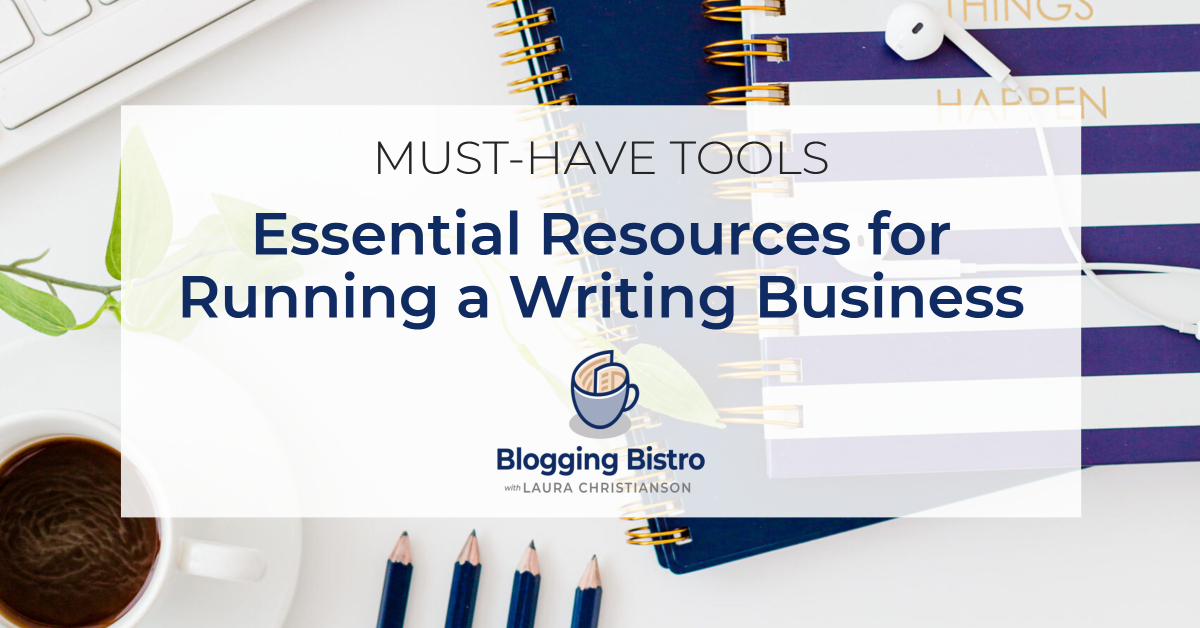77 – Protect Your Creative Work: Copyright, Fair Use, LLC, Contracts, with Amy Nesheim

What should I do if someone steals my content?
Do I need to register a copyright for my book?
How much of someone else’s content (such as portions of a book, blog post, poem, short story, or song lyric) can I safely reprint?
Should I establish a sole proprietorship or an LLC for my writing-related business?
Why are contracts essential for protecting my writing business?
Even though I’ve owned a writing-related business since the mid-1990s, I still wrangle with these questions. Thankfully, today’s guest is a lawyer who explains (in plain English, noless!) the answers to our burning questions.
Join Amy Nesheim and me and get an earful about:
- [5:05] The difference between copyright and trademark
- [7:35] 5 steps you can take if someone steals your content
- [12:43] The 4-Factor Fair Use Test
- [18:48] Business Entities for Writers (LLC vs. Sole Proprietorship)
- [23:07] Contracts: Rules for the Relationship
Disclaimer: The information shared during this episode is intended for educational purposes, and is not intended as legal advice.
Word Nerd Moment
Intellectual property – the product of your imagination.
Copyright – Creative works of imagination that have been put into fixed form (writing, recorded music), and could be reproducible.
Trademark – An identifier of the source of a good or service (such as the Nike swoosh, McDonald’s golden arches, and words that identify a brand, aka, the source of goods or services.
By creating something and putting it into a fixed form, the creator (author) owns the copyright of that material. You do not need to register the copyright with the U.S. Patent and Trademark Office. You automatically have ownership rights in the material because you created it.
However, if you want to sue someone for infringeing on your copyright, you have to have registered it.
5 Steps you can take if someone steals your content
- Document the fact that they have copied your material. Create a record for yourself of when you first published your material and the fact that you wrote it, and where and when they published it. Take screenshots.
- Send them an informal letter, email, or blog comment asking them to take it down.
- Send them a formal “demand” letter via USPS and certified mail.
- Hire an attorney to send them a formal demand letter.
- File a DMCA takedown notice with the thief’s website host and/or Google to have their website taken down.
Fair Use
Acknowledging that someone else created the content you’re using does NOT make it ok to use their content. Any time you use someone else’s work, get their permission.
The copyright owner has the right to control how their work is publicized, so if you don’t ask permission, you can get into trouble for copyright infringement unless the content qualifies as Fair Use.
*Note: There is NO hard-and-fast rule for copying portions of someone else’s creative work. It boils down to how a judge interprets the 4-factor fair use test.
The 4-Factor Fair Use Test
For more info, visit the U.S. Copyright Office
- The purpose and character of the use that you, as the person copying it, are using it for (educational purposes, parody, commentary).
- The nature of the work itself. Factual information is more likely to be fair use, whereas a creative work such as a poem or a work of fiction is less likely to be fair use.
- The amount and substantiality of the portion used, aka, the length of what you quote in relation to the length of the entire piece.
- The effect on the market. If publishing someone else’s creative work interrupts their stream of revenue or their access to a particular market.
Business Entities for Writers
LLC – Limited Liability Company (a legal structure for your business). With an LLC, there’s a legal separation between you, as a person and your business, as a person. There is a legal “wall” between you and your business… between your personal money and your business money… between your personal liability and your business liability.
Sole Proprietorship – The default for people who haven’t registered as an LLC or other type of business entity. You, as a person and your business, as a person, are one and the same. There is no legal distinction between you and your business.
Contracts: Rules for the Relationship
Some people believe that exchanging a string of emails can replace a contract. However, an email chain creates a lot of potential for confusion, as well as the potential that not all the necessary terms have been discussed and agreed upon.
A contract spells out all the terms in one place. When both parties sign the contract, it indicates their agreement to the terms. A contract also serves as proof that there was a formal agreement in case you need to enforce it.
Contracts are important…
- for protecting your creative work
- for clarifying who owns the creative rights to the content
- for clarifying what form the content is published in
A contract is a positive, professional way of preserving the relationship with your client.
About Amy Nesheim
 Amy is a corporate lawyer turned online entrepreneur and founder of Artful Contracts.
Amy is a corporate lawyer turned online entrepreneur and founder of Artful Contracts.
She started Artful Contracts because she believes that all business owners, no matter the size of the business or how successful, should have access to high-quality legal resources without going into debt over massive legal fees. She’s on a mission to make the legal aspects of online business accessible to everyone, so entrepreneurs can grow their businesses faster and with more confidence.
More from Amy:
Related episodes
Episode 68 – Why You Need Contracts
Episode 21 – What to Do When Your Blog Content Gets Stolen (and how to legally share others’ content)
Episode 2 – How to Act Like A Professional Writer Even When You Don’t Feel Like One
Episode 26 – 3 Tools to Protect the Privacy of Your Business
Episode 37 – How to Destroy Your Professional Credibility in One Easy Step
How to Keep Up With the Show
Click here to join my my email list and I’ll notify you about every episode. (When you subscribe, you’ll also get my free guide, Essential Resources for Running a Writing Business.)
Join The Professional Writer Podcast Community (private Facebook group), where we discuss what we’re learning, meet our guests, and encourage one another on our writing journeys.
If you know a writer who would be interested in The Professional Writer Podcast, please share this link with them:
https://bloggingbistro.com/podcast
Thank you!
Laura


